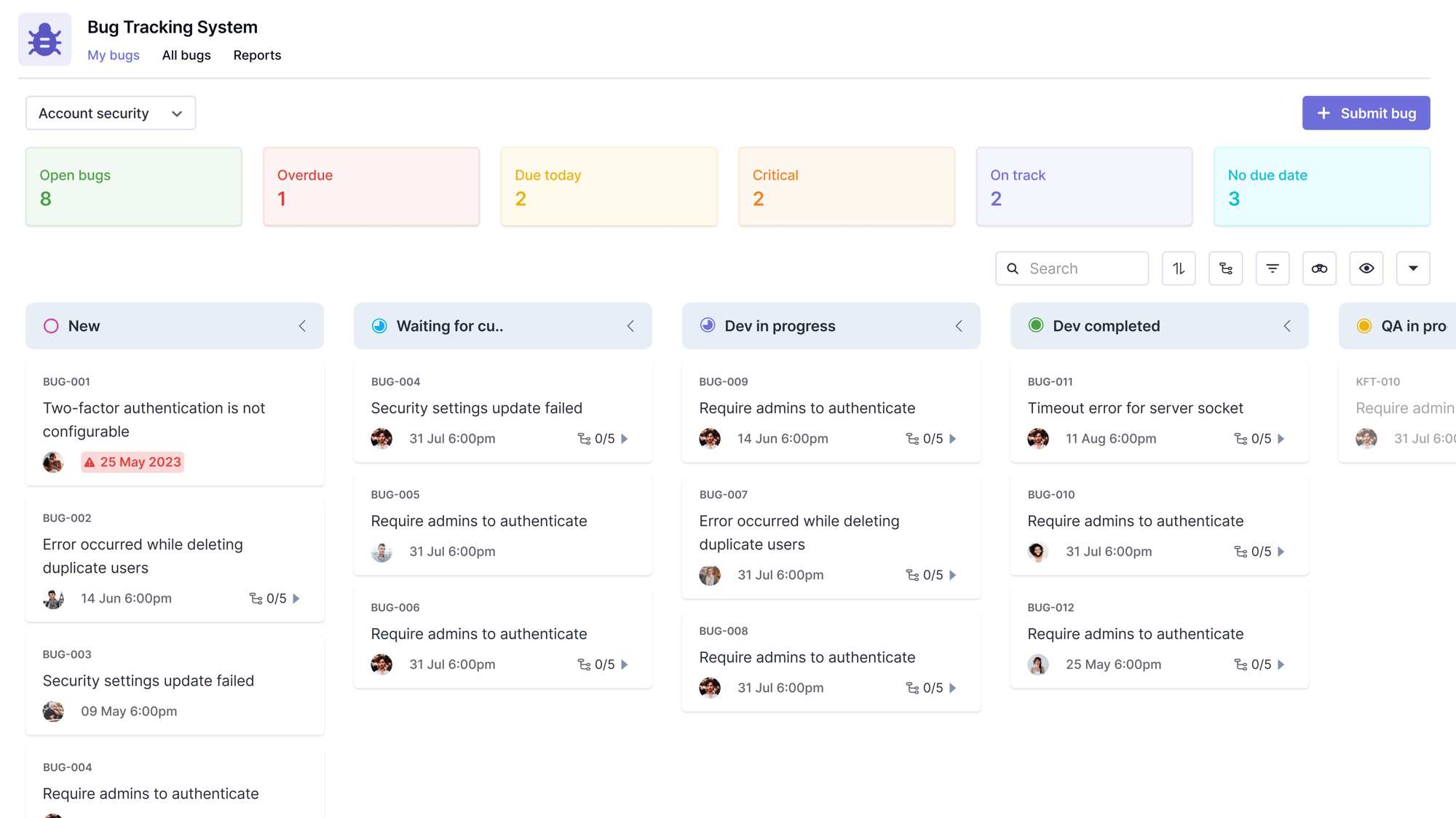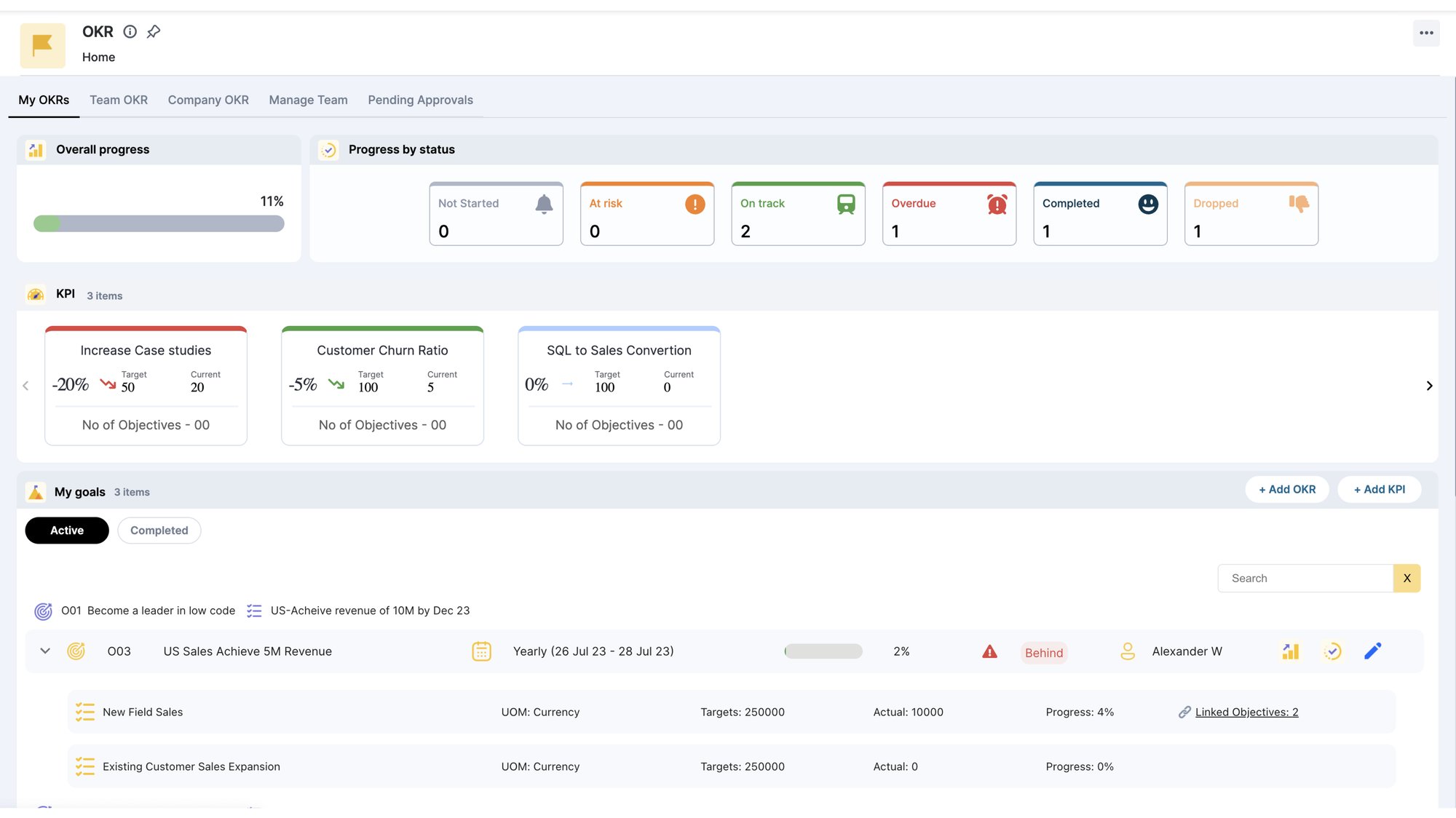What does Remote Team mean?
A remote team refers to a group of employees who telecommute to work from various locations spread across cities, countries and even continents. The concept of remote teams has been around for a while but took on an increasingly important role once digital work applications, tools and ecosystems arrived. Today, a significant part of the global workforce consists of remote teams. This is especially true of organizations that work in the information sector.
Several years ago, some businesses gradually began their digital transformation. With cloud-based technology and agile systems already in place, they are able to adapt quickly to the inadvertent shift to remote work structures today.
When it comes to offering opportunities for remote work, well-known corporations, such as Shopify and Twitter, are among those in the lead. Others are following suit because of the perks that digital workplaces offer. For employees, there’s more convenience in terms of travel time and flexibility in work hours. For companies, there’s the potential reduction of costs, including leases and hiring.
Remote teams offer an array of benefits for both enterprise and employee. However, if your shift to digitalization is still in its infancy, you are likely to encounter a plethora of challenges. Even with modern technology at hand, you and your team are bound to face difficulties adapting to new protocols and procedures involved in remote work.
As employees adjust to a new work environment, it’s possible for their efficiency and productivity to somewhat decline. They need to have essential remote work skills and adapt to new work platforms. They will also have to adjust to new forms of communication and collaboration. In addition to this, the line between work and personal life becomes blurred, causing them more stress.
Managing employees who are new to remote work will undoubtedly be challenging for you. But when handled well, remote teams can be equally efficient and productive, if not more, than their office-based counterparts.
Managing remote teams effectively
Handling remote teams is challenging at the outset, but it can be done effectively. As a leader, it is crucial for you to have systems in place that facilitate better communication, streamline work processes, maintain accountability, enhance engagement, and foster company culture.
Streamlining remote team communication is key to successful remote teams. It develops a good working relationship within the team and helps improve morale. It influences the behavior of team members towards each other and their work.
Another factor to consider while managing your remote team is productivity. To ensure that each member is able to deliver their output efficiently, it’s essential to streamline work processes. You must implement an organized workflow that remote teams can easily follow. A digital workplace provides an ideal solution for this. It gives your remote team a single platform to access all resources and collaborate efficiently. It also allows you to oversee project management tasks better.
Without you physically monitoring their progress, your remote team must maintain accountability for their work. Make sure that expectations are clear and target outcomes are well-defined. Set standard key performance indicators for your team so they can track their performances and stay motivated.
If employee engagement is important in an office-based setting, it becomes even more vital in a remote work setting where it is easy for team members to feel left out. Engage remote teams by making sure everyone is on the same roadmap as you equip them with the right tools to stay on course. Keep in mind that engaged employees are invested in their roles and contribute to the success of your organization.
Heighten engagement by fostering transparency even in remote working conditions. Communicate company values, your mission, and your vision so that the team understands the purpose of their work. Align personal work goals to company goals, and make sure that they are actionable and attainable. Encourage behaviors that create a positive remote work environment.
Indeed, handling a remote team will not be a walk in the park for you. But with remote work conditions being a ubiquitous part of the business landscape, you must accept the challenge and equip yourself with the tools and skills needed to lead your team.
What company culture means in remote work
Your company culture sets the foundation for your success because of how it can positively impact employee engagement. With a unified company culture, you’re more likely to see a decrease in absenteeism and an increase in productivity.
But with a distributed team, fostering company culture can be a hurdle. As a leader, it is crucial for you to overcome this hurdle and foster a positive remote work culture.
Communicate your culture by presenting it in a clear and articulated way that inspires your team to commit their best performance for the team’s success. Define values and expectations that are aligned to company goals. Instill the core values of your company to unify your remote team and keep them aligned with your team objectives. Encourage communication and feedback to promote openness and transparency.
Take time to personally connect with each member and know more about their personality. Let them know that you value the work that they do and understand the challenges they are facing with remote work. Give recognition when appropriate to keep them motivated and engaged.
Having a company culture will unify your distributed team and enable you to achieve goals and objectives in solidarity.
How to handle meetings smoothly
With communication being the most crucial element in an effective remote team, it is essential for you to know how to keep remote teams engaged through constant positive communication.
Ideally, you should conduct a team meeting once a week. This helps the team to stay connected and strengthens relationships among the members. It also keeps everyone aligned with the team’s goals and provides a great venue for brainstorming.
To make the most out of each meeting, have a straightforward agenda that enables you to discuss issues directly and methodically. Share discussion points in advance to let your team prepare beforehand. This saves time and makes the meeting more fruitful.
Aside from weekly team meetings, it is also important for you to have regular one-to-one meetings with your team. This can also be set weekly to keep each team member engaged and motivated. But if you’re handling a big team, at least once a month would suffice to maintain a connection with each of them.
Allot half an hour for each one-to-one meeting. Check on their progress and encourage them to voice out any concerns they have. Take this time to show them that you also care about their holistic well-being. Ask them how they are coping with life without being intrusive. These personal interactions help motivate and inspire them. Ultimately, it empowers them to bring value to your organization.
Once every quarter, schedule remote team building activities that further strengthen communication and collaboration within the team.
Must-have tools for remote teams
To heighten the performance of your remote team, utilize tools that simplify processes and make collaboration more seamless.
Keep track of your team with communication tools that enable instant messaging, live chats, video calls, file sharing, and collaboration. You can use popular platforms such as Skype or Zoom or use a more streamlined channel like Slack or Microsoft Teams.
Collaboration tools such as G Suite give you a virtual space to connect and collaborate. They include project management tools that make it easier for you to monitor progress and track performance.
To grant access to project documents, you can utilize cloud-based storage systems. Dropbox and Google Drive, for instance, are useful for sharing big files. They can also keep files organized and are instantly accessible to any authorized team member.
Project management platforms can bring all the tools you need for remote work in one interface. This is a must-have if you want a great level of proficiency in managing your team. Among the most popular project management tools used by enterprises include Basecamp, Slack, Teamwork, Asana, and ProofHub.
While these advanced tools help optimize team efficiency, having too many of them can also overwhelm employees. In addition, without proper training, these could hamper their productivity instead. So make sure to be thorough in choosing which tools to use and implement.
Comprehensive solution for remote work challenges
With digital solutions in place, businesses will thrive with completely remote teams. But instead of having disparate tools that can hamper productivity, find a comprehensive solution that addresses the challenges that remote work poses. Today, there are many digital workplace platforms available that cater to the various needs of any organization. An agile platform such as Kissflow Digital Workplace provides you with an ideal solution regardless of the size and nature of your remote team.
The business landscape will undoubtedly evolve in the future as enterprises become more global. And it’s clear that remote teams will shape the future workplace. Now is a great time to transform your business if you haven’t done so yet. Take advantage of the advanced tools that the latest technology has to offer. Set agile and intuitive systems in place to facilitate better management of your remote staff.
.png?width=2000&name=admin%20dashboard%20(2).png)









